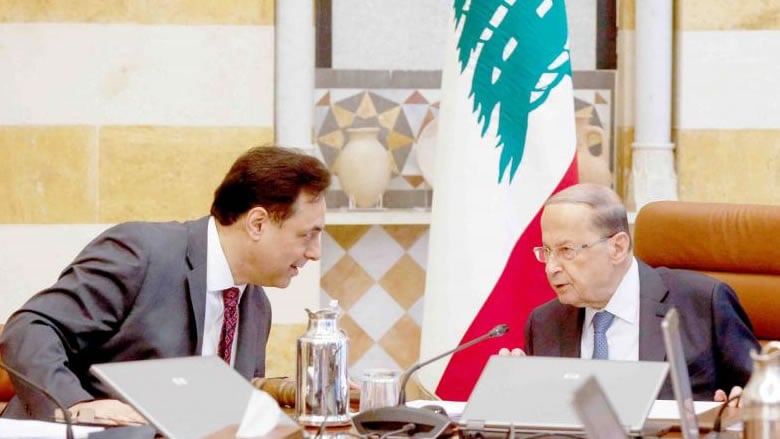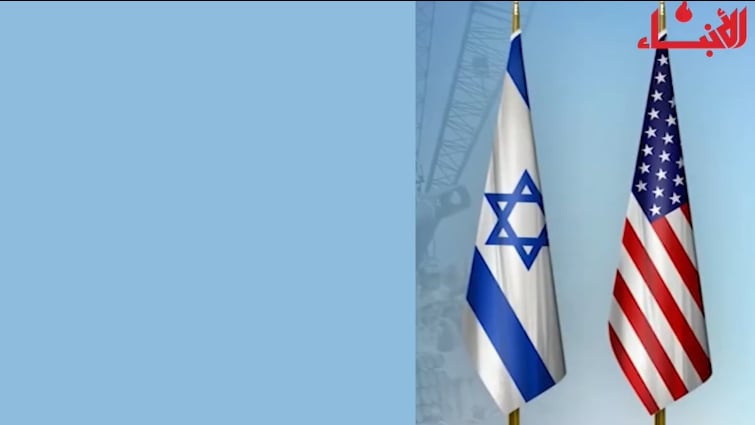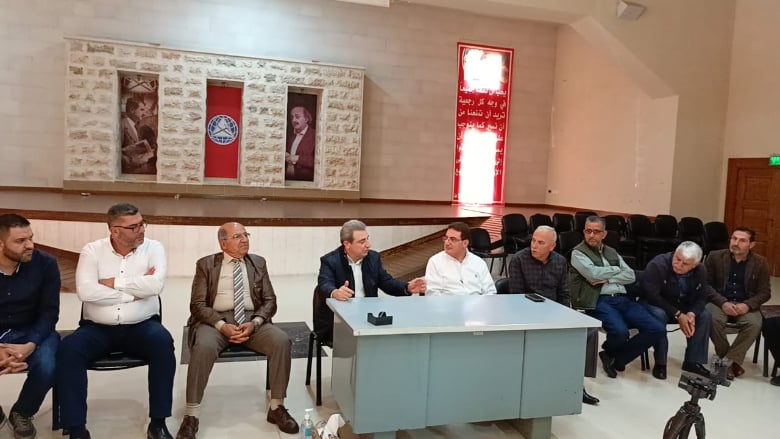Despite marginal support, Lebanon’s new cabinet headed by Prime Minister Hassan Diab is expected to gain parliament’s vote of confidence. Four major political parties initially refrained from supporting Diab’s nomination and they are not expected to extend their confidence.
The Future Movement, Progressive Socialist Party, Lebanese Forces and the Kataeb Party have a total of 47 deputies, not enough to block the parliamentary vote of confidence. It is even worse in the cabinet given that it is made up entirely of ministers supported by Hezbollah, the Free Patriotic Movement and their allies.
With the traditional balance of power in Lebanese politics upset in favour of Hezbollah and its allies, fears are mounting regarding Hezbollah’s ability to impose its agenda on the country’s foreign policy. Hezbollah Secretary-General Hassan Nasrallah has repeatedly expressed, with pride, his commitment to the Iranian agenda, including an emphasis on Hezbollah’s role in the so-called regional “axis of resistance.”
Hezbollah’s power has grown tremendously in Lebanon in the past few years. It gained additional leverage on the local front from its 14-year alliance with Lebanese President Michel Aoun and through an uninterrupted flow of financial and military support from Tehran.
These two basic reasons partially explain Hezbollah’s mushrooming power. Iranian support is instrumental not only to ensure Hezbollah’s continued existence but also for sustaining its supporters amid Lebanon’s growing economic and financial crisis. Nasrallah recently boasted that Hezbollah’s supporters have been the least affected by Lebanon’s economic crisis.
In terms of foreign policy, the new cabinet platform seems to adopt the same old version of previous cabinets. The tripartite formula of the state, people and the resistance uniting to confront external — particularly Israeli — threats has outlived several presidents and cabinets and still survives.
Aoun, formerly a staunch opponent of Hezbollah and the Syrian regime, flip-flopped to secure his election as president in 2016. Before parliamentary elections in May 2018, he publicly promised to call for a national discussion on Lebanon’s national security strategy which is somehow supposed to incorporate Hezbollah’s arms within the state’s apparatus. He retreated from that pledge after the elections, saying such a discussion was no longer necessary.
During the period that Aoun’s son-in-law, Gebran Bassil, served as foreign minister, there was almost total similitude between the so-called official state position and that of Hezbollah. With the new cabinet enjoying the full support of Hezbollah and its allies, this position is not expected to drastically change.
Another complicated issue in Lebanon’s foreign policy is relations with the government of Syrian President Bashar Assad, given that its forces have regained control over nearly all the country thanks to the support of Moscow and the so-called “axis of resistance,” which includes Hezbollah.
Normalising relations with Damascus now seems to be a top priority for Hezbollah after leaked information appears to show that Diab is in favour of such a step.
Arguments that this rapprochement is much needed in Lebanon’s economic crisis are being employed by Hezbollah and its allies as an introduction of what is yet to come. Progressive Socialist Party leader Walid Jumblatt warned several times that he senses a Syrian comeback; one of its early indicators is the new cabinet and some of its symbols.
Lebanon is at a crossroads, as it has always been, but the question remains: Will it be the battlefield one more time?





